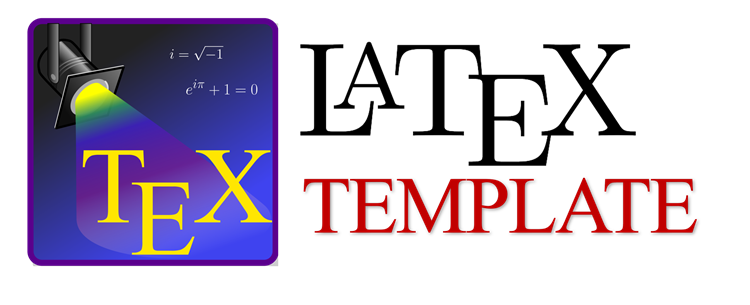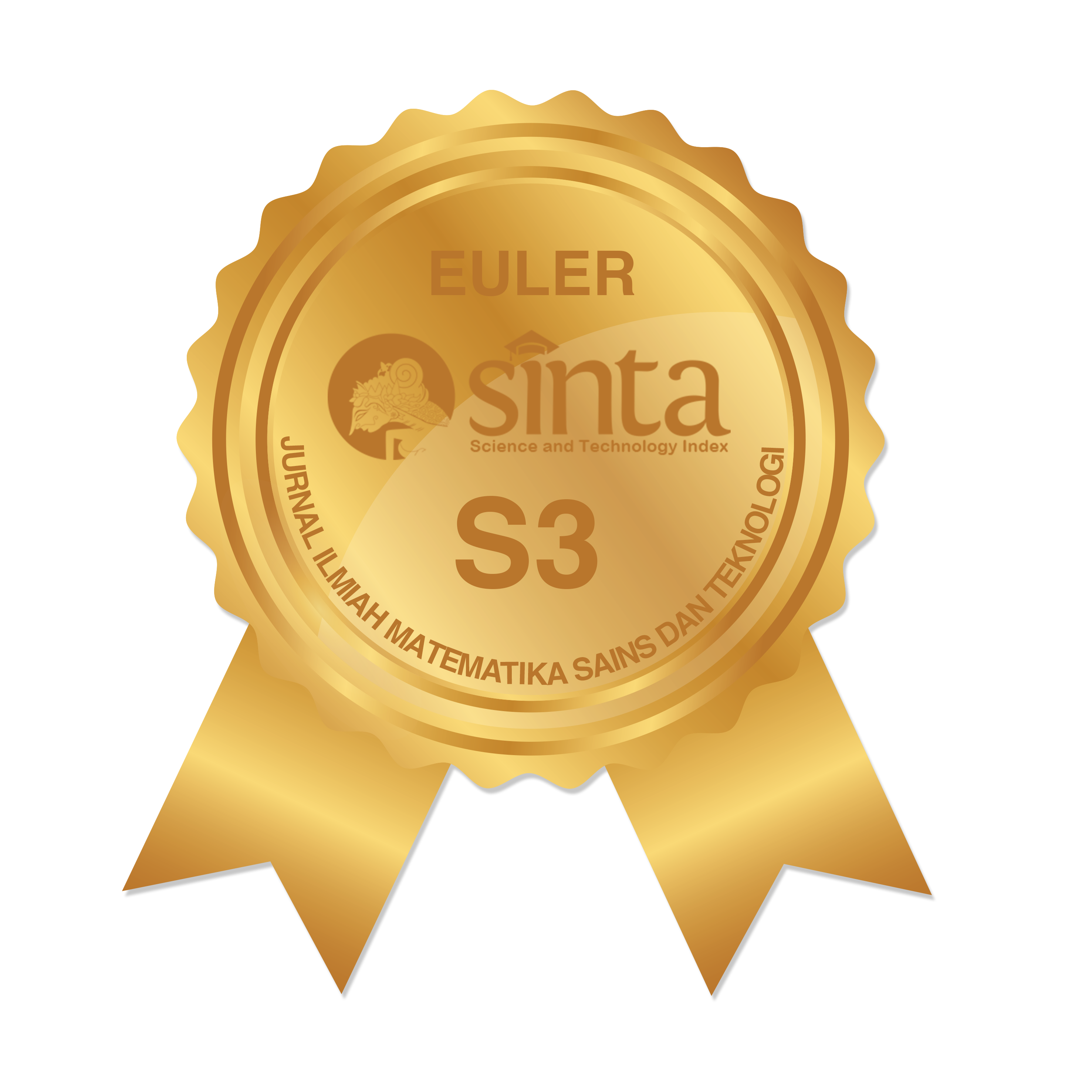Emosi Negatif dalam Pembelajaran Matematika: Studi Deskriptif dan Komparatif Antar Tingkatan Kelas Berdasarkan Perspektif Teori Sosiokultular Vygotsky
Abstract
Keywords
Full Text:
PDFReferences
S. Seprianto, O. D. Pranata, S. Juniyati, and S. Susanti, “Eksplorasi Emosi Dalam Pembelajaran Fisika di Sekolah Menengah Atas. Studi Deskriptif dan Perbandingan Antar Tingkatan Kelas,” Diksains: Jurnal Ilmiah Pendidikan Sains, vol. 4, no. 2, pp. 101–108, 2024, doi: 10.33369/diksains.4.2.101-108.
Ulfah and O. Arifudin, “Pengaruh Aspek Kognitif, Afektif, Dan Psikomotor Terhadap Hasil Belajar Peserta Didik,” Jurnal Al-Amar (JAA), vol. 2, no. 1, pp. 1–9, 2021.
I. Fatmawati, “The Role of Teachers in Curriculum Development and Learning,” Revorma, Jurnal Pendidikan dan Pemikiran, vol. 1, no. 1, pp. 20–37, 2021.
I. Sobara, “Emosi Pemelajar Indonesia Saat Mengikuti Pasch-Jugendkurs,” Seminar Nasional Pembelajaran Bahasa dan Sastra (SELASAR), p. 5, 2021, [Online]. Available: www.pasch-net.de.
B. Sarasati and O. Nurvia, “Emosi dalam Tulisan,” Jurnal Psibernetika, vol. 14, no. 1, pp. 40–48, 2021, doi: 10.30813/psibernetika.
A. N. Laili, “Gambaran Manajemen Emosi Marah Siswa Kelas VII di SMPN 2 Semarang,” Jurnal Fokus Konseling, vol. 10, no. 2, Aug. 2024, doi: 10.52657/jfk.v10i2.2390.
M. Mutyati et al., “Pentingnya Pemahaman Emosi Dalam Proses Pembelajaran di MI Al-Masrhi Pangkalan Balai-Banyuasin,” Indo-MathEdu Intellectuals Journal, vol. 4, no. 2, pp. 1198–1208, Oct. 2023, doi: 10.54373/imeij.v4i2.340.
N. Cong-Lem, “Emotion and its relation to cognition from Vygotsky’s perspective,” European Journal of Psychology of Education, vol. 38, no. 2, pp. 865–880, Jun. 2023, doi: 10.1007/s10212-022-00624-x.
Kamarullah, “Pendidikan Matematika di Sekolah Kita,” Al Khawarizmi: Jurnal Pendidikan dan Pembelajaran Matematika, vol. 1, no. 1, 2017, doi: 10.22373/jppm.v1i1.1729.
M. A. Hidayat and S. Rahmi, “Teknik Belajar Matematika Yang Menyenangkan Bagi Sekolah Menengah Atas (SMA),” Jurnal PEMA Tarbiyah, vol. 20, no. 1, 2022.
S. Wahyuni, “Emosi Akademik Siswa Dalam Mata Pelajaran Ilmu Pengetahuan Sosial (IPS) DI MTs Negeri Soppeng Kecamatan Marioriwawo Kabupaten Soppeng,” Social Landscape Journal, 2019.
M. R. Kurniawan and I. Mustakim, “Analisis Kritis Teori Belajar Sosiokultural Terhadap Karakter Sosial Komunikatif Siswa di Era Digitalisasi,” Jurnal Ilmiah Mandala Education (JIME), Aug. 2023, doi: 10.58258/jime.v9i1.5491.
M. Bieleke, T. Goetz, T. Yanagida, E. Botes, A. C. Frenzel, and R. Pekrun, “Measuring emotions in mathematics: the Achievement Emotions Questionnaire—Mathematics (AEQ-M),” ZDM - Mathematics Education, vol. 55, no. 2, pp. 269–284, 2023, doi: 10.1007/s11858-022-01425-8.
G. Reis Mesquita, “Vygotsky and the Theories of Emotions: In Search of a Possible Dialogue Vygotsky e as Teorias das Emoções: Em Busca de um Possível Diálogo,” Psicologia: Reflexão e Crítica, vol. 25, no. 4, pp. 809–816, 2012, doi: 10.1590/S0102-79722012000400021.
M. Syarif, “Penggunaan Teori Vygotsky Dalam Pembelajaran Materi Anggota Tubuh Pada Siswa R.A Dayah Ilmi Lampoih Saka Kec. Peukan Baro Kabupaten Pidie,” Tarbiyatul - Aulad Jurnal Ilmiah Pendidikan Anak, vol. 6, no. 01, pp. 27-40, 2020.
Y. Yulianti and U. Sidik, “Strategi Pembelajaran Literasi Emergen pada PAUD,” Jurnal Obsesi: Jurnal Pendidikan Anak Usia Dini, vol. 8, no. 2, pp. 235–244, May 2024, doi: 10.31004/obsesi.v8i2.5388.
A. Aji Jauhari Ma and N. Sri Handayani, “Konsep Zone Of Proximal Development (ZPD) Dalam Permainan Anak Anak,” Jurnal Tumbuh Kembang Anak Usia Dini, vol. 2, no. 1, pp. 1–10, 2024, doi: 10.60623/jtkaud.v2i1.296.
Y. Zhang, H. Huang, D. Tang, X. Lu, F. Fan, and J. Pan, “Mechanism of online emotional support accompany group for stress: The role of social support,” Front Psychol, vol. 13, Jan. 2023, doi: 10.3389/fpsyg.2022.1047364.
DOI: https://doi.org/10.37905/euler.v13i1.30248
Refbacks
- There are currently no refbacks.
Copyright (c) 2025 Husnul Khotimah, Muntazhimah Muntazhimah

This work is licensed under a Creative Commons Attribution-NonCommercial 4.0 International License.
Euler : Jurnal Ilmiah Matematika, Sains dan Teknologi has been indexed by:
EDITORIAL OFFICE OF EULER : JURNAL ILMIAH MATEMATIKA, SAINS, DAN TEKNOLOGI |
 | Department of Mathematics, Faculty of Mathematics and Natural Science, Universitas Negeri Gorontalo Jl. Prof. Dr. Ing. B. J. Habibie, Tilongkabila, Kabupaten Bone Bolango 96554, Gorontalo, Indonesia |
 | Email: euler@ung.ac.id |
 | +6287743200854 (WhatsApp Only) |
 | Euler : Jurnal Ilmiah Matematika, Sains dan Teknologi (p-ISSN: 2087-9393 | e-ISSN:2776-3706) by Department of Mathematics Universitas Negeri Gorontalo is licensed under a Creative Commons Attribution-NonCommercial 4.0 International License. Powered by Public Knowledge Project OJS. |














